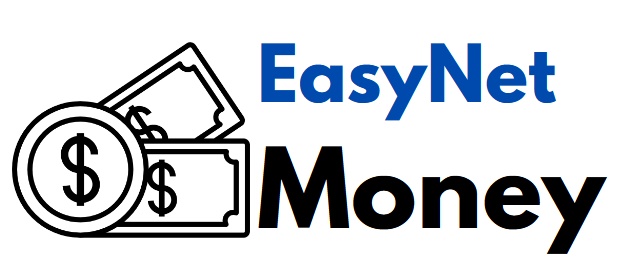Forex (FOReign EXchange) is a currency market where financial institutions, funds, central banks and individual investors exchange one currency for another at a specific price.
Considering that two different monetary units originating in two different countries are always involved in the currency exchange, it is customary to call them a currency pair. For example, if you want to buy $100,000 for PLN, you transact in the USD/PLN currency pair.
In each currency pair there is the base currency (the first in the pair) and the quote currency (the second in the pair). With multi-million transactions, this market provides the highest possible liquidity. It is estimated that every day, as a result of orders to buy and sell currencies, the generated turnover exceeds $5 trillion.

Therefore, it is so difficult to be handled by individual players. This market, which has been available to individual investors for over a dozen years, now is recognised and highly popular.
Newcomers to the market often ask the question: how does forex work? Individual clients trade through a forex broker who offers them the opportunity to buy or sell a currency pair at a fixed price.
Therefore, the client, estimating the strength of the currency pair, decides to take a long position. The transaction is identical with buying the base currency and selling the quote currency.
If the client anticipated a fall in the currency pair, they would take a short position, i.e. buy the quote currency and sell the base currency. Every forex broker understands that a trading platform is essential for their clients to function properly in the currency market. This allows instant placement of orders without the need to leave the house.
On the forex market, the currencies that are traded play first fiddle
Who decides the price on forex? There are many market participants and it is they who directly influence the price formation in currency exchange. Market participants offer a buy or sell price for a given currency, thus creating an order book.
The highest buy prices and the lowest sell prices which do not overlap are at the top of the price ladder. As a result, the market offers the best possible prices which directly contributes to a small spread.
Depending on the business model, a forex broker can offer their clients a direct FX market price (see: www.xtb.com/ar/learn-to-trade/trading-academy/forex?) and charge commission or adjust it by an individually set margin which can be seen in the extended trading spread.
Online trading using a forex broker’s trading platform enables the use of a financial leverage. It is also called gearing and it means that a retail client is not required to provide the total trade value at the time the order is placed.
In Poland, the largest financial leverage is currently 1:100 which means that the client contributes only 1 PLN per every 100 PLN of the order value.
Thus, a trader is required to make a deposit of only 1,000 EUR on a trading platform when entering a position of 100,000 EUR. Trading on the foreign exchange market is not an easy task, however, careful preparation and choosing the right broker may allow a retail client to achieve above-average rates of return.
